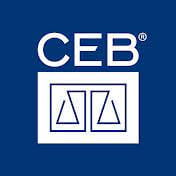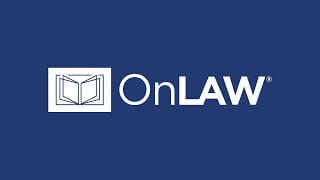In observance of Tax Day, on April 18 this year, Zief Library takes a brief look at the legal history of our federal income tax system and highlights Zief tax research resources and opportunities for further study.
Federal Income Taxes: A Brief History:
Did you know the Internal Revenue Service (IRS) came into existence on July 9, 1953? Its main function is to determine, assess, and collect internal revenue in the United States.
A few other facts about the IRS and the modern federal income tax system:
- The first U.S. Congress created the Department of the Treasury in 1789. It has the authority to administer and enforce the internal revenue laws of the U.S.
- Modern individual income taxes are largely a result of the Revenue Act of 1913, which President Woodrow Wilson signed into law. The act restored federal income taxes and lowered tariff (taxes on imported goods) rates, which President Wilson considered to be unfair taxes.
- Earlier Revenue Acts had given Congress the power to tax personal income, including the first, The Revenue Act of 1861, which was signed by President Lincoln (to pay for the Civil War). It lacked an enforcement mechanism and was later repealed. A flat rate Federal income tax was enacted in 1894, but the U.S. Supreme Court ruled it unconstitutional because it was a direct tax not apportioned according to the population of each state.
- The 16th Amendment to the U.S. Constitution resolved this issue when it was ratified in 1913. It granted Congress “the power to lay and collect taxes on incomes,…, without apportionment among the several States, and without regard to any census or enumeration”.
- The IRS came into existence in 1953 after President Harry S. Truman called for a reorganization of the Bureau of Internal Revenue, created after the Civil War.
- Congress gave the Treasury Department the authority to administer and enforce the internal revenue laws of the U.S. in 1954, and that authority is governed by Internal Revenue Code Section 7801. The IRS is organized to carry out the responsibilities of the U.S. Treasury Secretary.
- The first Form 1040 was introduced in 1913, and the standard deductions on Form 1040 were created in 1944.
- Filing & Payment Dates: Although April 15 is the official annual individual federal income tax filing deadline, the date varies due to weekends and holidays. This year the deadline is Tuesday, April 18 for most Americans. Federal income taxes were originally due on March 1 after the passage of the 16th Amendment in 1913, but the deadline was changed five years later to March 15. The tax system was overhauled in 1954 with the passage of the Internal Revenue Code of 1954 and the date was again moved to April 15.
Research Resources:
Many of the legal research databases and other resources you are already using provide access to tax-related research materials. A few, however, are worth mentioning for their special focus on tax materials:
Checkpoint Edge: Thomson Reuters Checkpoint Edge provides access to information on U.S. federal and state tax laws, regulations, and cases. USF Law students and faculty can access it from on campus.
Lexis Tax: Lexis Tax, which is part of your Lexis+ subscription, allows you to run single searches across multiple tax resources in one of three subjects: Federal, State & Local, or U.S. International Tax law. These include primary sources and specialized secondary materials, including tax analysis, tax commentary, tax news and other information required to practice tax law. By putting all tax materials in one place, Lexis helps you simplify your search process.
Zief Federal Tax Research Guide: For help finding federal tax related materials, check out the library’s handy research guide on federal tax research.
Interested in Pursuing a Career in Tax Law?
Did you know USF offers graduate programs in tax law for students who have already earned a law degree? Many students who want to focus their careers in tax law enroll in one of these programs after earning their JD’s. Check out the USF’s LLM and Graduate Tax Programs for more information.


